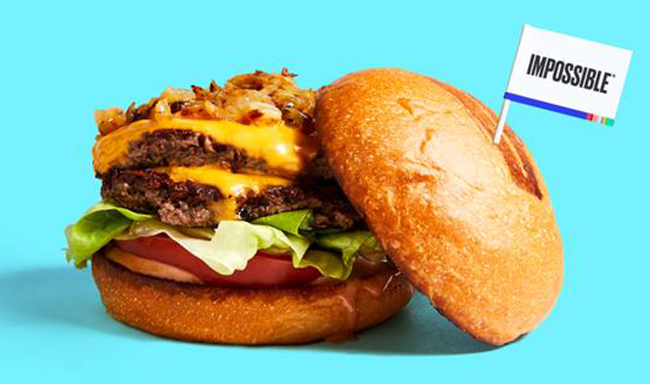A new investor report titled “Plant Based Profits” — coordinated by multi-trillion dollar investor group the FAIRR initiative — is urging global food companies to diversify their protein sources to meet a growing demand for Clean Meat.
Backed by a $2.4 trillion coalition of 57 large investors, the report analyzed 16 multinationals — including Tesco, Costco and Whole Foods Market — and established which were best positioned to benefit from a transition to plant-based proteins.
Less about replacing livestock entirely, the report emphasizes sustainability via the reduction of unpriced externalities within the industry such as unregulated deforestation and poor animal welfare practice.
Nestlé and Tesco came out as the top contenders; cited as the best prepared to diversify into alternative protein sources. The firms were praised for setting GHG emission reduction targets, holding candid discussions with investors, monitoring R&D investment projects exploring plant proteins, and innovative consumer marketing; such as Tesco’s recent release of 20 plant-based ready meals to 600 stores.
Costco and Whole Foods were criticised, namely for environmental issues. That said, only M&S, Nestle and Unilever have actually set goals to expand their alternative protein portfolio.
A big blocker for the shift has been a unilateral lack of coherent marketing and promotion strategy for alt-protein products across all companies.
That said, alt-meats potential to radically reshape the protein supply chain; as well as mitigating current issues such as sustainability and environmental impact, holds much potential for future growth.
Market projections for alt-protein include a predicted compound annual growth rate of over eight percent in the sector over the next four years; set to reach a value of $5.2bn by 2020. This clarifies that there is a vast, untapped potential within Clean Meat technologies. One that is likely to expand ever larger thanks to the ongoing technological innovation in the sector.
“It’s significant that all of the food producers and retailers engaged by investors now market at least one own-brand alternative product,” commented Jeremy Coller, founder of the FAIRR initiative.
As global meat consumption is projected to rise by over 13 percent over the next ten years, investors wonder how firms will meet that demand in a viable way. The report highlights a growing consumer trend toward “flexitarianism”, where consumers eat more meat-less food as part of new lifestyle choices. This has proved an emerging opportunity for all involved within the sector.
With 30 percent of earth's land dedicated to the livestock production, and consumption of meat due to rise 73 percent by 2050; expanding consumer taste for meat and protein based products requires constant innovation stay ahead.
The hugely popular “Impossible Burger” — a meatless patty that sizzles and bleeds just like its ground beef counterparts — raised over $75 mn worth of funding last year, from the likes of multi-billion dollar Singaporean investment company Temasek, to Bill Gates. Comprised of 75 percent less water, 87 percent less emissions, and 95 percent less land than standard ground beef; it packs more protein than your average beef patty.
However, much like traditional meat production, advocacy and regulation still remain key drivers in encouraging sustainable business. Most companies are focusing on on new product development, as opposed to reformulating existing products; another possible avenue for innovation.

